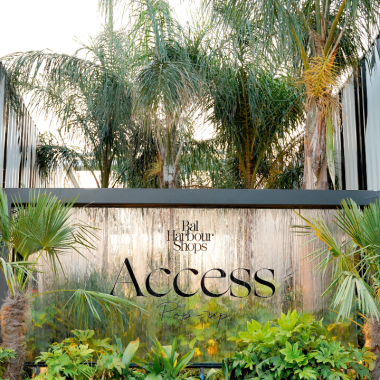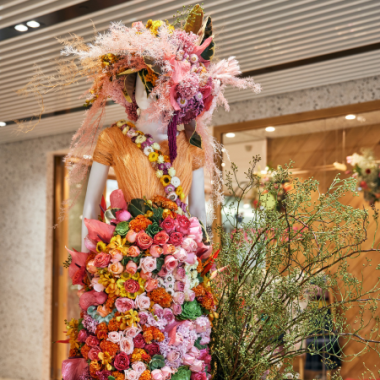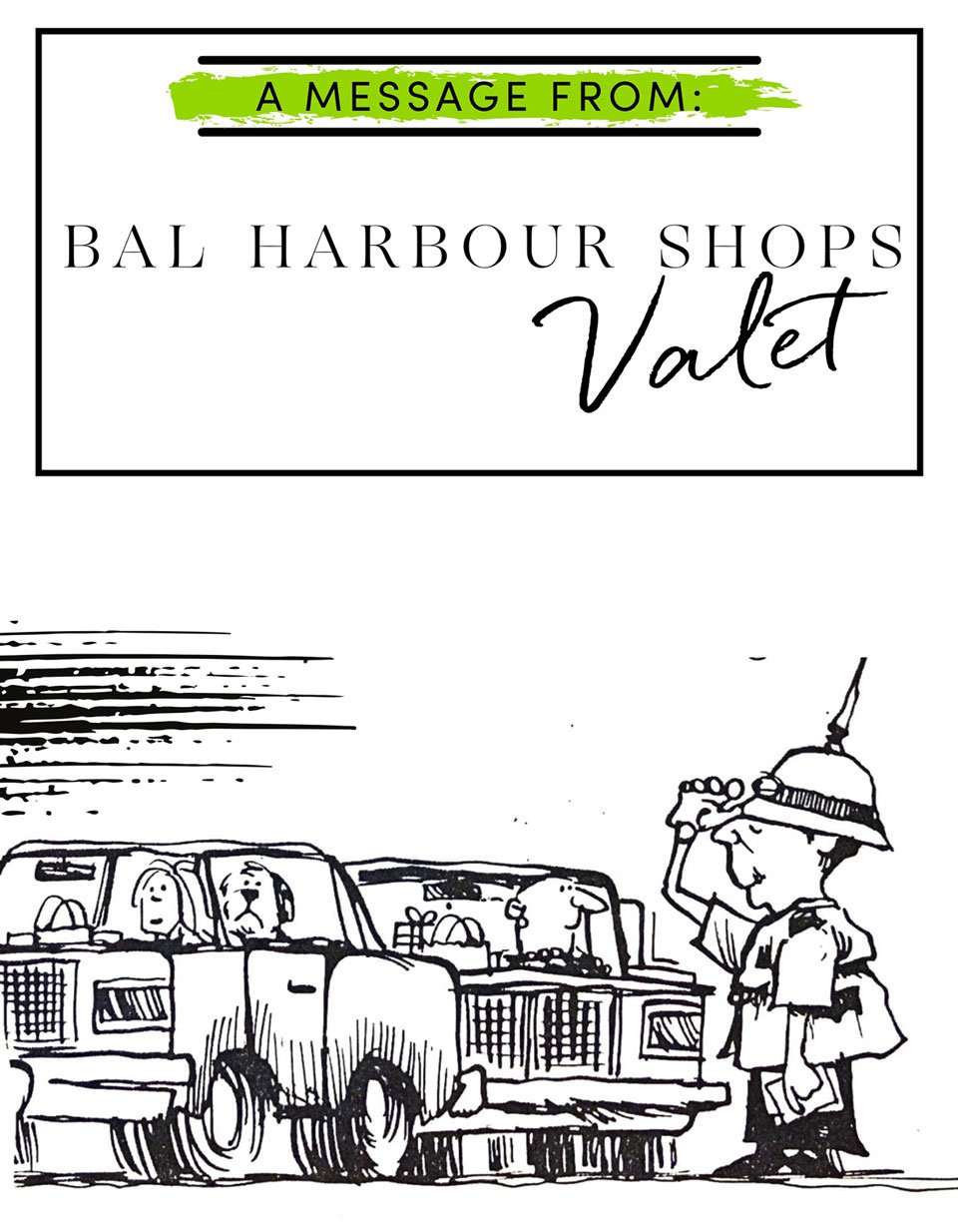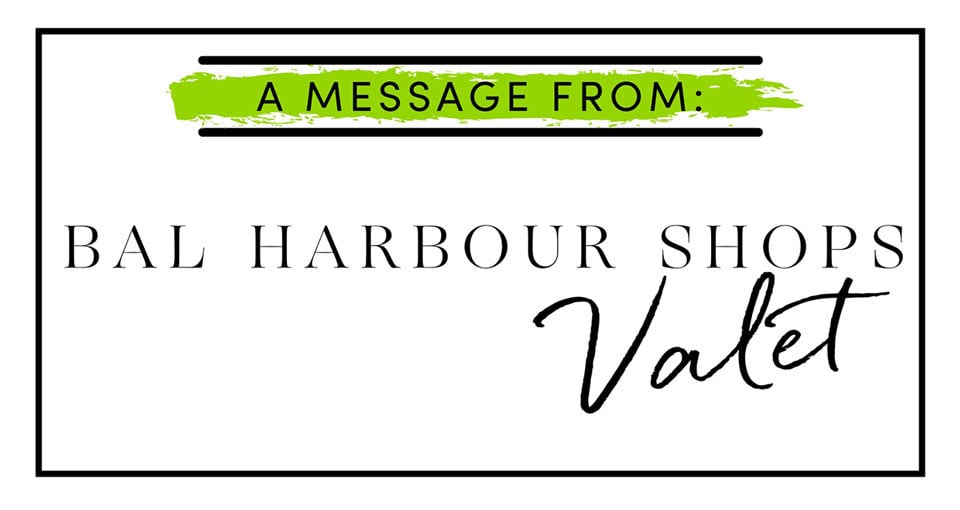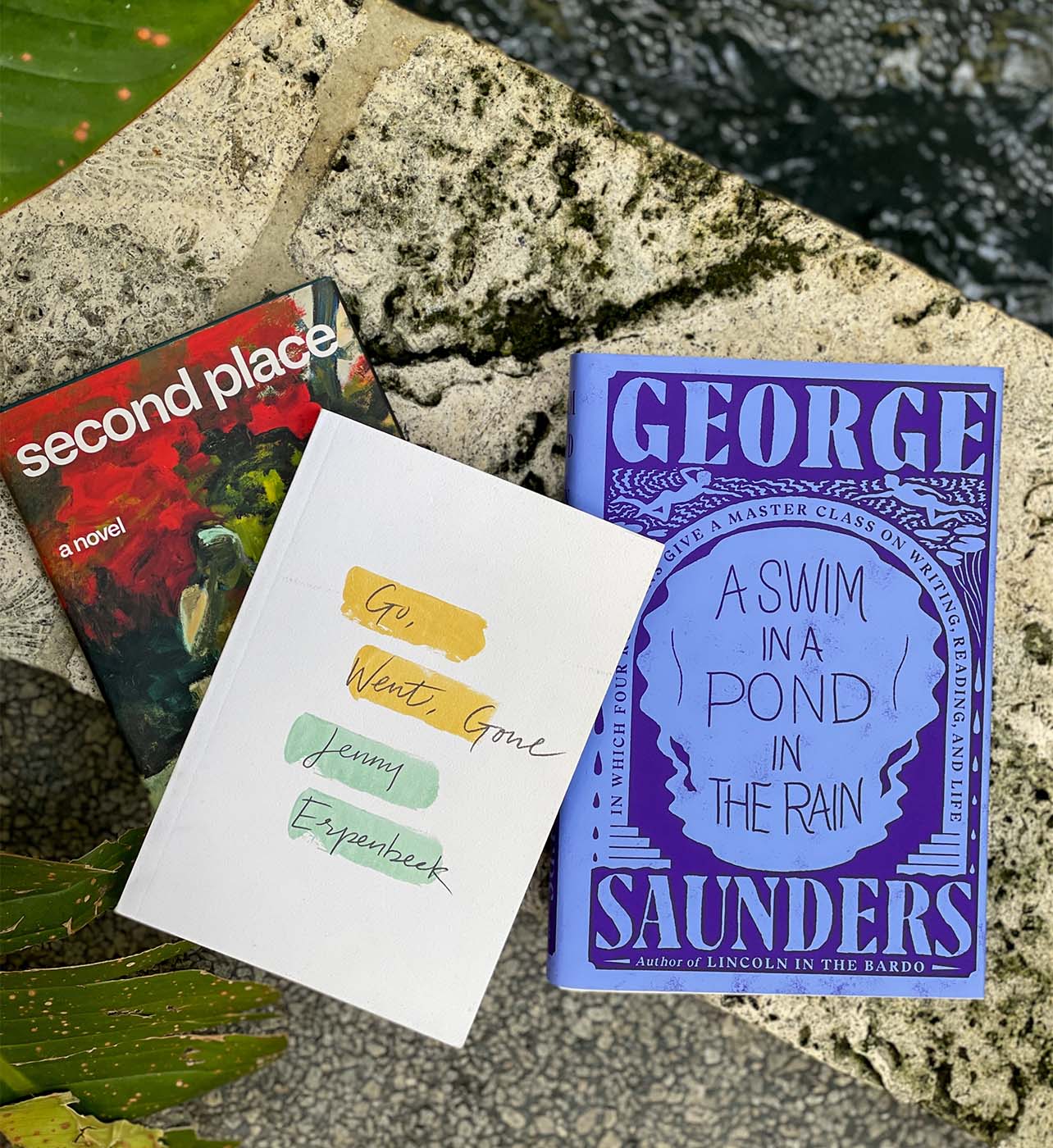
Who doesn’t love a good book recommendation? And better still is one that comes from a great author. With that in mind, we turned to Fanny Singer—whose own thoughtful approach to prose guarantees her reading list as must-follow. Here, she calls out a few of the books on her agenda—both new and old—and all available at Books & Books. And if you haven’t already devoured Singer’s culinary memoir Always Home (Knopf), add that to your list pronto!
-
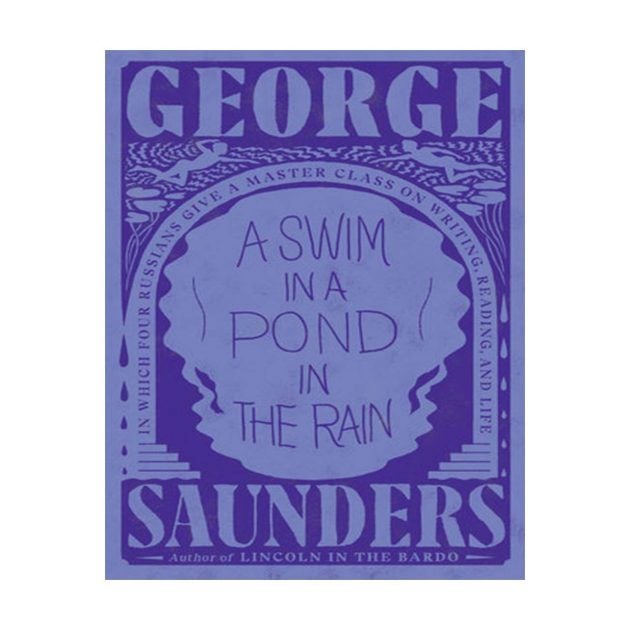
A Swim in a Pond in the Rain by George Saunders.
George Saunders is my favorite living author of short fiction and, I suspect, would be one of my favorite humans, if I were ever to meet him. He famously writes with unmatched humor and steroidal imagination, but he also never fails to inject his stories with a palpable sense of humanity. His new book is, essentially, a transliteration of the class he has taught on the subject of Russian literature at Syracuse University for the last 20 years. It’s filled with his wisdom on the subject of writing—as one might expect—but it is also a lesson in how to read, how to pay attention, how to be discerning, even compassionate, understanding and kind. It’s also laugh-out-loud funny. -
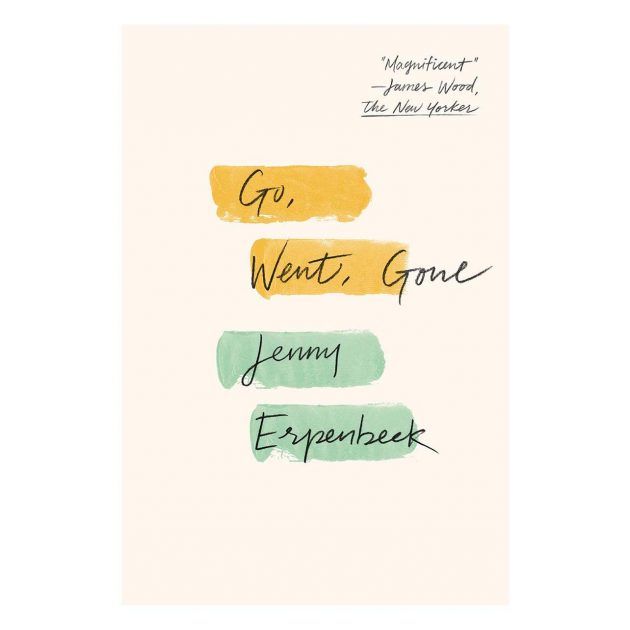
Go, Went, Gone by Jenny Erpenbeck
I don’t think I’ve read a book in the last five years that has rattled around in my consciousness as persistently as Jenny Erpenbeck’s 2017 novel, Go, Went, Gone. Set in contemporary Berlin, the book tells the story of a recently retired classics professor named Richard who, widowed and childless, is searching for meaning in his otherwise banal bourgeois existence. Soon, his path crosses that of a coterie of African refugees and, though still recounted from Richard’s perspective, the narrative axis shifts. We learn, in incredible detail and with the factual accuracy of journalistic reportage, about the refugee crisis and its toll on the human spirit. -
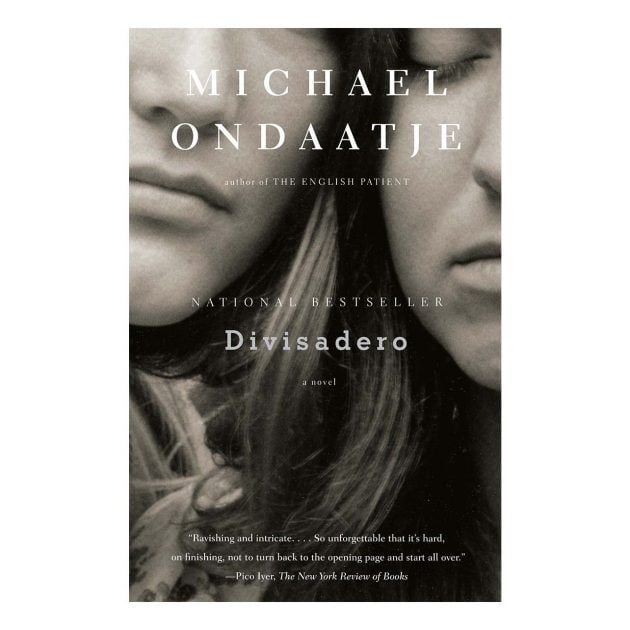
Divisadero by Michael Ondaatje
I often think that Michael Ondaatje is the best writer alive, or perhaps the best storyteller, or maybe just the most poetic, but in any event, I am always flattened by his prose, his capacity for image-making, the clarity and precision with which he renders a scene. During Covid I went back and re-read all of his novels—I highly recommend doing this!—and the book I found most transporting was Divisadero, published in 2008. It tells the story of the intersecting lives of a set of improbably-related characters, traveling across countries and decades and moving seamlessly between rural Northern California, Nevada’s casinos and the south of France. Ondaatje describes a character who has a habit of plucking wild herbs and stashing them in his pocket to eat later with a slice of bread, and I have never felt a greater sense of kinship with any fictional character than in the moment of reading that passage. -
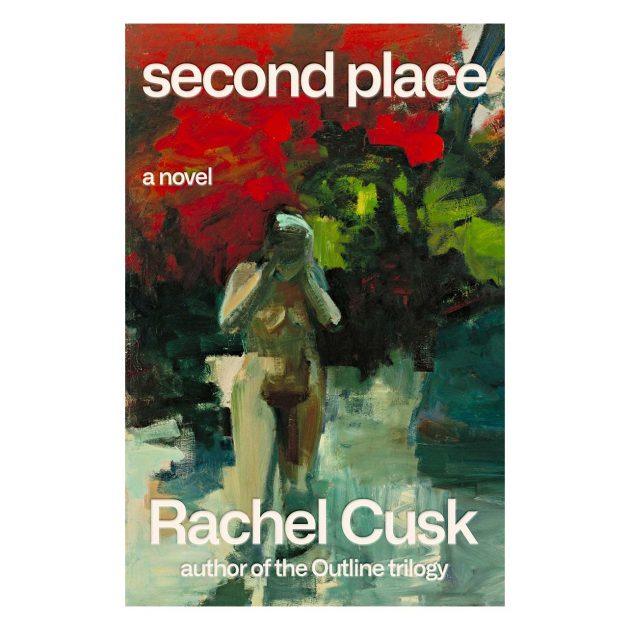
Second Place by Rachel Cusk
Rachel Cusk’s new book, Second Place, is a brutally beautiful, unrelenting epistolary novel that takes the form of a letter from her protagonist (“M”) to a mysterious recipient named “Jeffers” (Cusk modeled her book after Mabel Dodge Luhan’s 1932 memoir, Lorenzo in Taos, which tells the story of the time D.H. Lawrence—one of Cusk’s literary touchstones—came to stay with her in Taos, New Mexico. It took the form of letters, some to Lawrence, others to another guest, Robinson Jeffers, hence Cusk’s adoption of the name). The book is short, can be read in a day, and takes on the febrile quality of a dream. Part parable, part rant, part achingly evocative description of nature, the book is an affirmation of Cusk’s consistently innovative, alluring literary style. -
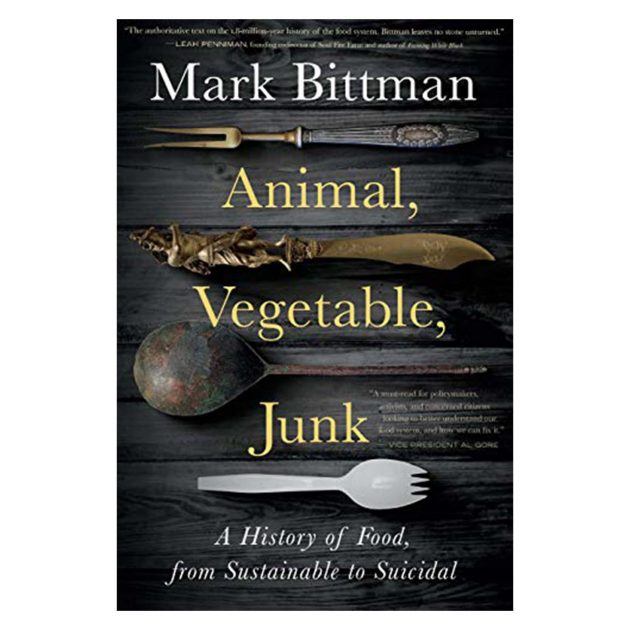
Animal, Vegetable, Junk by Mark Bittman
Mark Bittman’s latest book, Animal, Vegetable, Junk, tells the story of human history from a less-trod vantage point: he uses the emergence and development of agriculture to describe how we’ve come to find ourselves ensnared in an industrialized food system responsible, in no small part, for accelerating the deterioration of our environment and climate. A tome spanning prehistory to present day, this book is an education in the best possible sense. Its pages contain plenty of dispiriting information, but it is nonetheless defined by Bittman’s sober, sanguine tone. Examples of how local communities across the globe are redressing problems in their food systems, ranging from inequality of access, to pollution and racial injustice, offer a hopeful look at how we might find our way out of this mess.
You can read Singer’s interview with Bittman in the Spring 2021 issue of Bal Harbour Magazine, as well as here.


